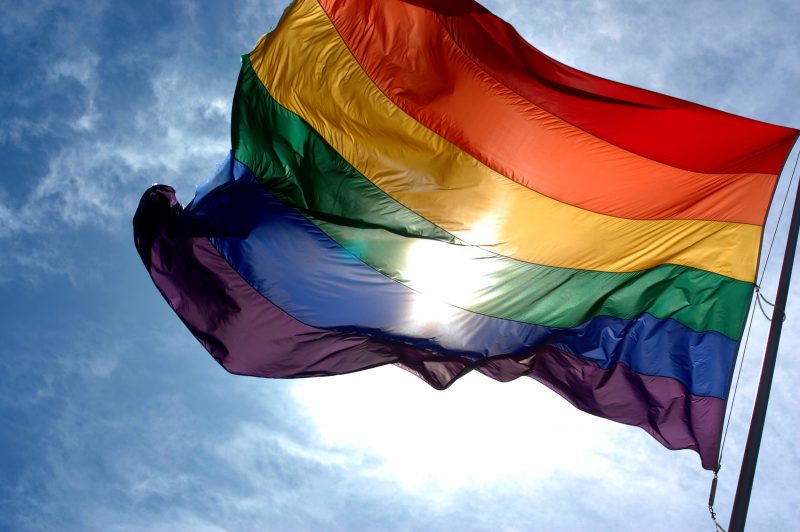On Tuesday, Indonesia’s Constitutional Court reviewed anti-LGBT laws in its latest hearing of a lawsuit attended by a group of academics and activists.
The Indonesian government could criminalize homosexuality and fornication after holding a fifth judicial review of the Criminal Code.
During the hearing, which was joined by a large group of an Islamic women’s organization, expert witnesses debated on the notion of universal human rights and argued that Indonesia was built based on religious values, which accordingly does not accept homosexuality or sex before marriage.
The testimony started with Asrorun Ni’am Sholeh, chairman of the National Child Protection Commission, who begged the court to immediately tackle this issue of sexual morality, which he feared, might damage the future of Indonesia’s children.
He complained that the government has “no strong regulations to forbid same-sex marriage nor criminal sanctions” to protect children. He insisted the government should impose punishment, including a five-year prison sentence for homosexual acts before same-sex marriage becomes legalized in the country.
Sholeh was in fact not the only one who spoke against the LGBT community. Other academics also participated in the heated discussion, saying that LGBT rights are irrelevant in this country.
“For Indonesia, LGBT is not [a human] right. The right of the LGBT people is to be humanized with Indonesian values because our law clearly stipulates that a marriage is between a man and a woman,” said Padjadjaran University law professor Atip Latipulhayat as reported by The Jakarta Post.
Similarly, constitutional law expert at the University of Indonesia Hamid Chalid strongly demanded the government preserve the nation’s moral and religious values as they are now threatened by the international human rights norms.
“Our country has legalized fornication, male rape, and homosexual acts. We’ve allowed our constitution to become too liberal — is that what we want?” Chalid protested.
Although lawyers for the government opposing the suit did not say much during Tuesday’s hearing, one attorney did manage to challenge witnesses’ arguments supporting the view that the government should fulfil the public’s rights to privacy.
“If we do this, the sinner becomes a criminal … and the government becomes authoritarian,” he said.
According to Human Rights Watch, privacy rights are indeed a fundamental protection that serves the basis of a person’s physical autonomy and preferred identity.
LGBT rights director at Human Rights Watch Graeme Reid said that if the proposed criminal sanctions are approved by the Indonesian Constitutional Court, then its people would certainly be facing a legalized violation of privacy:
“The proposed criminal sanctions before the Constitutional Court are not only a threat to LGBT people, but to all Indonesians.”
The proposed amendments in the Criminal Code was motivated by a series of anti-LGBT campaigns that started in January after government officials made biased and false statements about the LGBT community.
The Constitutional Court will be holding another hearing scheduled for petitioners to present their case in late August.




